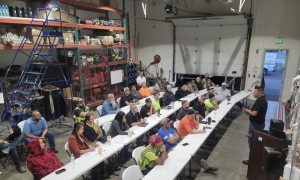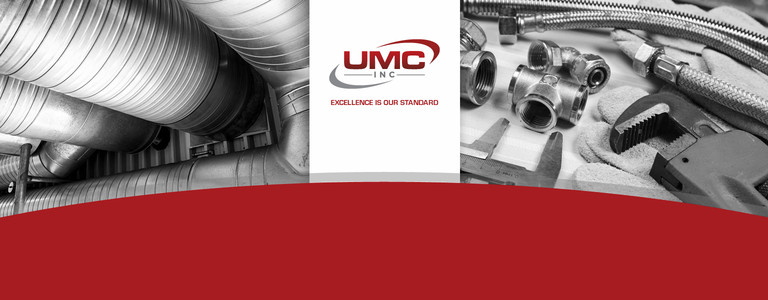 Many people don’t realize that the world of plumbing and HVAC is constantly in flux. New technologies, methods, and materials are continually making their way to the job site. And for many veteran plumbers and HVAC technicians, that may feel overwhelming. How do you keep up with all there is to learn?
Many people don’t realize that the world of plumbing and HVAC is constantly in flux. New technologies, methods, and materials are continually making their way to the job site. And for many veteran plumbers and HVAC technicians, that may feel overwhelming. How do you keep up with all there is to learn?
Continuing education is integral to success in the plumbing and HVAC industry. To retain a license as a journeyman, most states require completing a certain number of continuing education hours. But it differs by state. Here’s a breakdown of the continuing education requirements in Utah, Idaho, and Colorado sectors for plumbing.
- Utah: Journeymen plumbers must complete 12 hours of code and safety classes. These twelve hours can be split into six hours of professional development classes and six hours of code-related courses. This requirement must be met each licensing period to retain a state plumbing license.
- Idaho: Every three-year license cycle, Journeymen plumbers must complete eight hours of continuing education. The eight hours are split in two, with four hours devoted to industry training and another four hours to code updates and changes. Or they can forgo this requirement in favor of taking an exam to prove their knowledge. Contractors are required to complete 16 hours of continuing education every three-year licensing cycle instead of just eight.
- Colorado: The requirements for journeymen plumbers are the same as Idaho, with eight hours of continuing education, except they must be completed in a two-year licensing cycle. A minimum of four hours must be related to code work as well.
As you can see, each state has different continuing education requirements for plumbing. Similar considerations are in place for the HVAC industry as well. But why is continuing education so important? Here are a few reasons we’d like to share with you.
- Codes are always changing. Governments and organizations are constantly updating building and safety codes. To stay compliant with local regulations, continually reviewing code changes and rules is essential.
- Technology is constantly changing. While many foundational plumbing or HVAC principles learned during apprenticeships may still apply, the technology and materials in plumbing projects are continually evolving. Plumbers and HVAC technicians must stay on top of the latest industry trends, changes, and designs to deliver the highest quality work.
- New apprentices are always starting. One of the fundamental tenets of the trades industry is mentorship. Experienced trade people help mentor and train apprentices on the job site, sharing their skills and valued experience. But without continuing education requirements, veteran tradespeople may be imparting incorrect or unsafe methods and practices to the next generation. By refreshing these skills and knowledge through continuing education courses, the next generation of plumbers, HVAC technicians, and tradespeople will benefit, too.
These are just a few benefits of continuing education requirements for the trades industry. There are so many more. Education is one of our core values here at UMC, Inc., and that’s why we offer regular training for our employees and encourage them to keep up with their continuing education requirements.






